Konferens
HELCOM - 13:e mötet i gruppen för hållbara jordbruksmetoder
14 juni 2018
Beskrivning
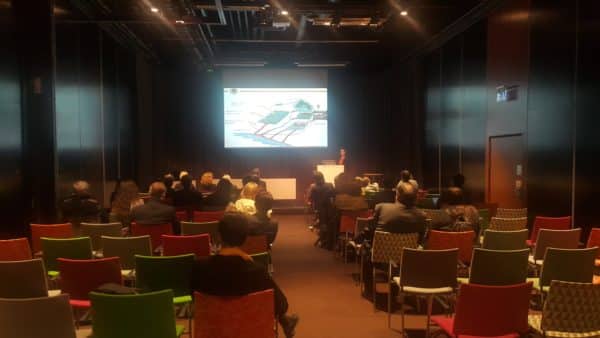
Climate change will and has already affected the Baltic Sea. The prognosis is that the sea will be less of a sea and more of a lake. The levels of salt will change. The temperature will rise and the run off from land increase.
Climate change will change the weather. In the Baltic Sea region the areas with high precipitation will get more rain and drier areas even less. In the wetter areas increased rain/snowfall risks increasing the run off from agricultural land giving higher amounts of nitrogen and phosphorous reaching the Baltic Sea and thereby increasing eutrophication.
How must agriculture adjust to avoid increased impact on eutrophication? What kind of agricultural systems will stand a better chance of reducing run off? Can necessary changes go hand in hand with other environmental or production benefits?
Programme:
- Nutrients in Runoff to Baltic Sea: What can we say about the future? by Alena Bartosova, SMHI
- Agriculture System with Low Nutrient Leakage Risk, by Eva Salomon, Research Institutes of Sweden (RISE)
- How can agriculture reduce run-off? by Airi Kulmala, Central Union of Agricultural Producers and Forest Owners (MTK) and Baltic Farmers’ Forum on Environment (BFFE)
Moderated by Gun Rudquist Baltic Sea Centre, Stockholm University
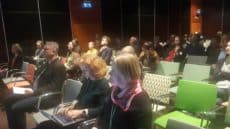
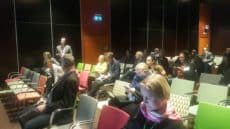
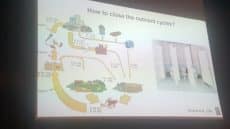
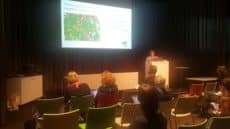
CCB participation in this event was co-funded by


